Valentine Snow - 14 Duets
$ 22.90
SNOW, Valentine, 14 Duets
2 (natural) trumpets
Composer: Snow, Valentine (1700-1770)
Year of composition: ca. 1745
Duration: 15’
Arranger/Editor: Bryan Proksch
Publisher The Brass Press
Duration: 15’
Arranger/Editor: Bryan Proksch
Publisher The Brass Press
Details
In his day, Valentine Snow (c.1700-1770) was the finest trumpeter in England, and among the best in all of Europe. His appointment to succeed John Shore (1662-1753) as the king’s sergeant-trumpeter made him the most respected and influential trumpet player in England. Although he remained sergeant-trumpeter until his death, his influence as a performer extended beyond official circles. Snow performed frequently in Handel’s orchestra, and more importantly, many of Handel’s most difficult trumpet parts were written specifically for him. Snow’s fame and importance are attested by the portrait of him hanging in Fenton House in northwest London. He is one of only a handful of trumpeters whose portrait has survived.Before the present edition, only three works by Valentine Snow were known, all of which are trumpet duets.
The fourteen duets presented here are taken from John Simpson’s The Delightful Pocket Companion for the German Flute. Containing a Choice Collection of the Most Celebrated Italian, English, and Scotch Tunes Curiously Adapted to That Instrument (John Simpson, publisher, London, 1745) [M60.D45 1745, Penn State University’s Rare Books collection], under the heading “The following Airs by Mr. Snow.” The seven pages that follow contain the duets, succeeded by another set of duets from a different composer.
That “Mr. Snow” is actually Valentine Snow becomes apparent upon further study. First, two duets already attributed to Snow by another source (Vivace and the first Jigg) are included in the set. Second, although the works appear in a collection for recorder, thirteen of them are idiomatically suited to, and performable on the natural trumpet; Minuet Al[legro] is not performable on the natural trumpet but is included because it is part of the set. The duets were written at least eight years before Snow became the sergeant-trumpeter.
At first glance, these trumpet duets are typical of trumpet music from Baroque England. Generally, the range of the duets is consistent with that of contemporary English works, requiring the fourteenth partial and higher only infrequently. In addition, the source notates the works in D major, the universal key of the natural trumpet. Also, the thematic material of the duets is characteristic of trumpet works written at the time. For trumpeters having played these duets however, it will be apparent that they were written partially to showcase Snow’s virtuosity.
As noted in Snow’s entry in the New Grove Dictionary, his virtuosity owed more to his sheer strength and endurance than to his ability to play in the high clarino register. The duets bear this out not only in the number of repeats indicated, but also by the fact that the highest note of a given duet is usually required very near the end of the duet. Thus the duets serve not only as pieces of music, but also as pedagogical material for embouchure strength and endurance.
Bryan Proksch
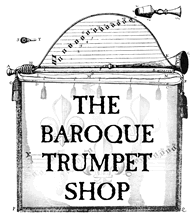
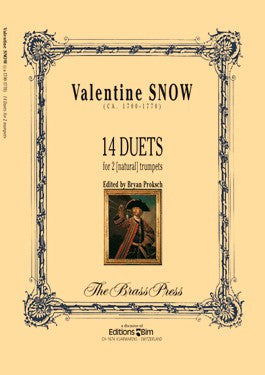
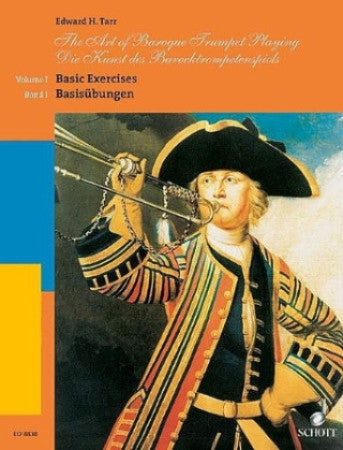
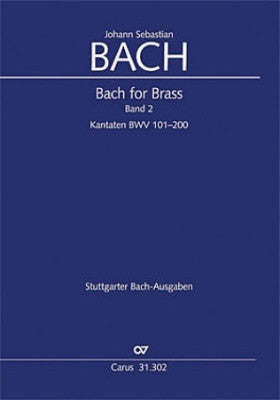
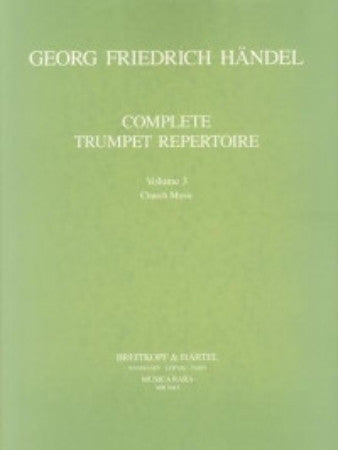
Share this item: